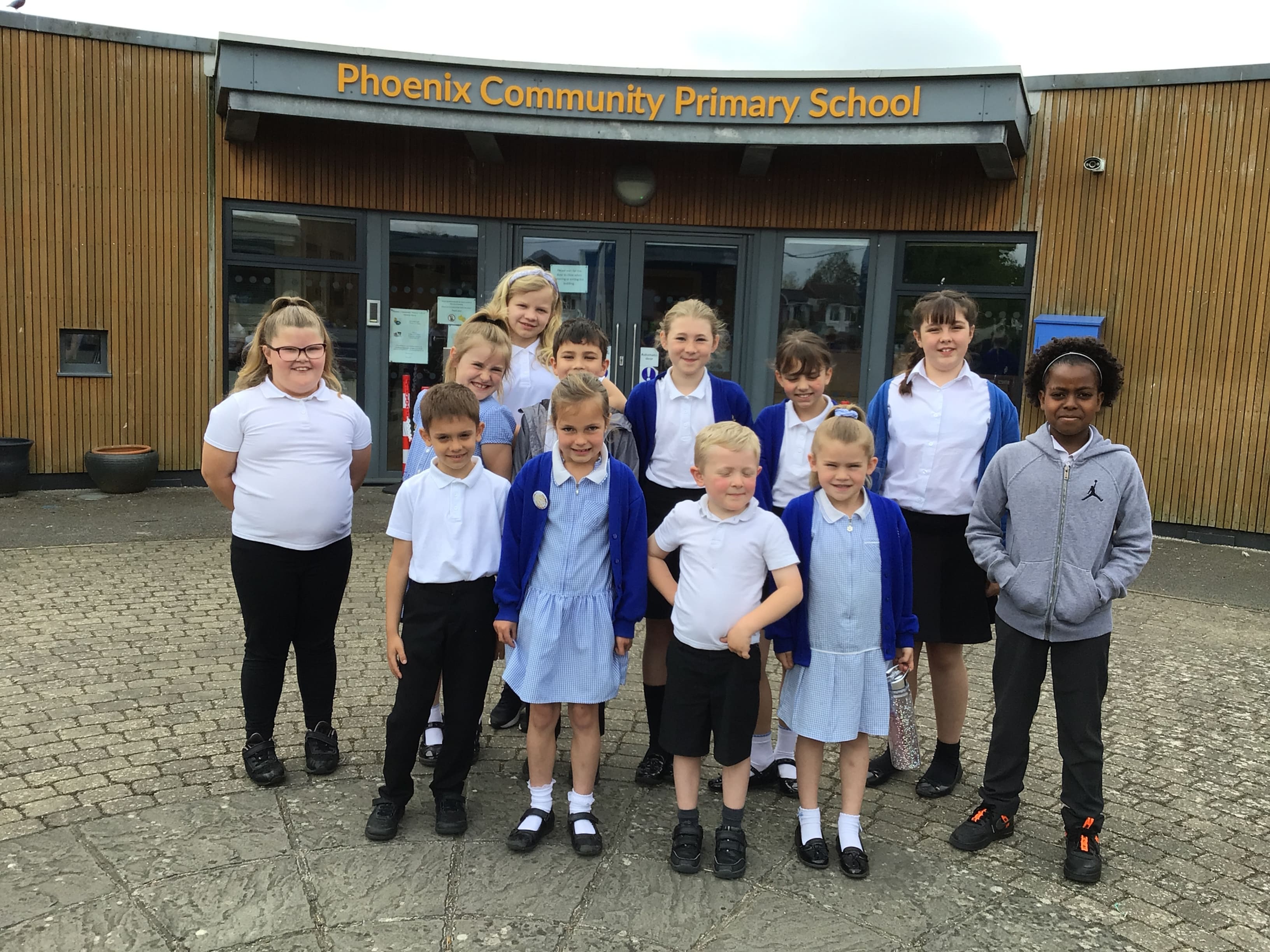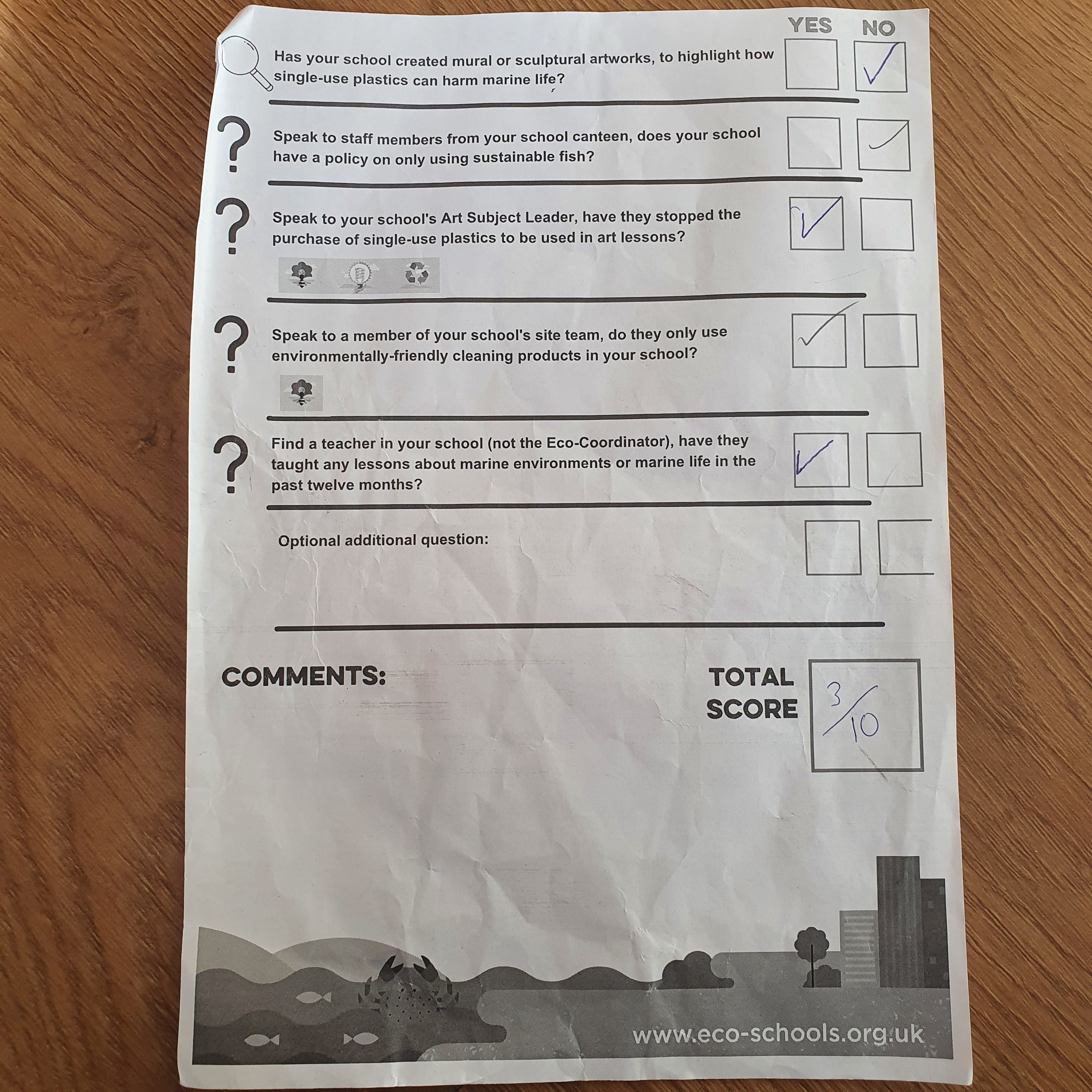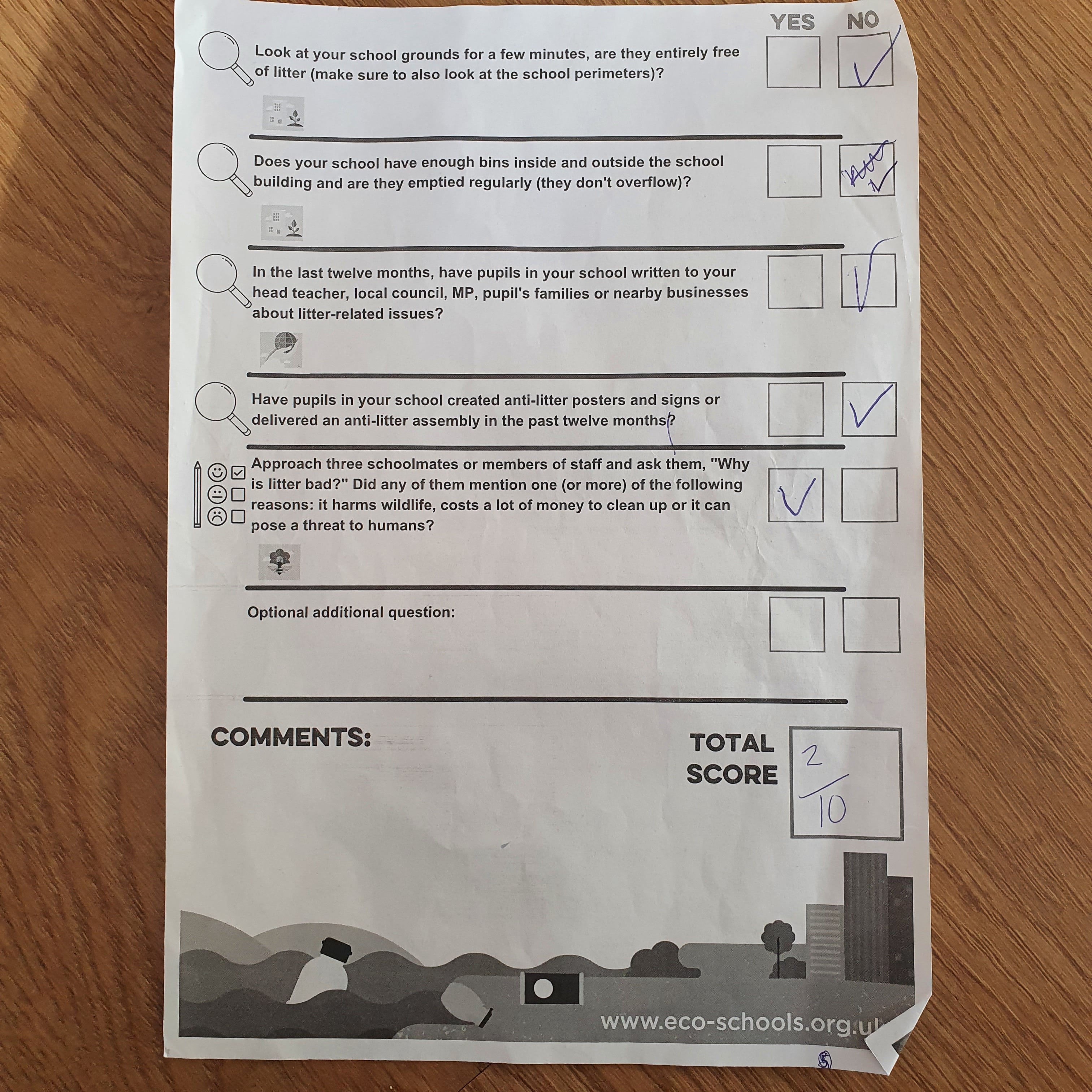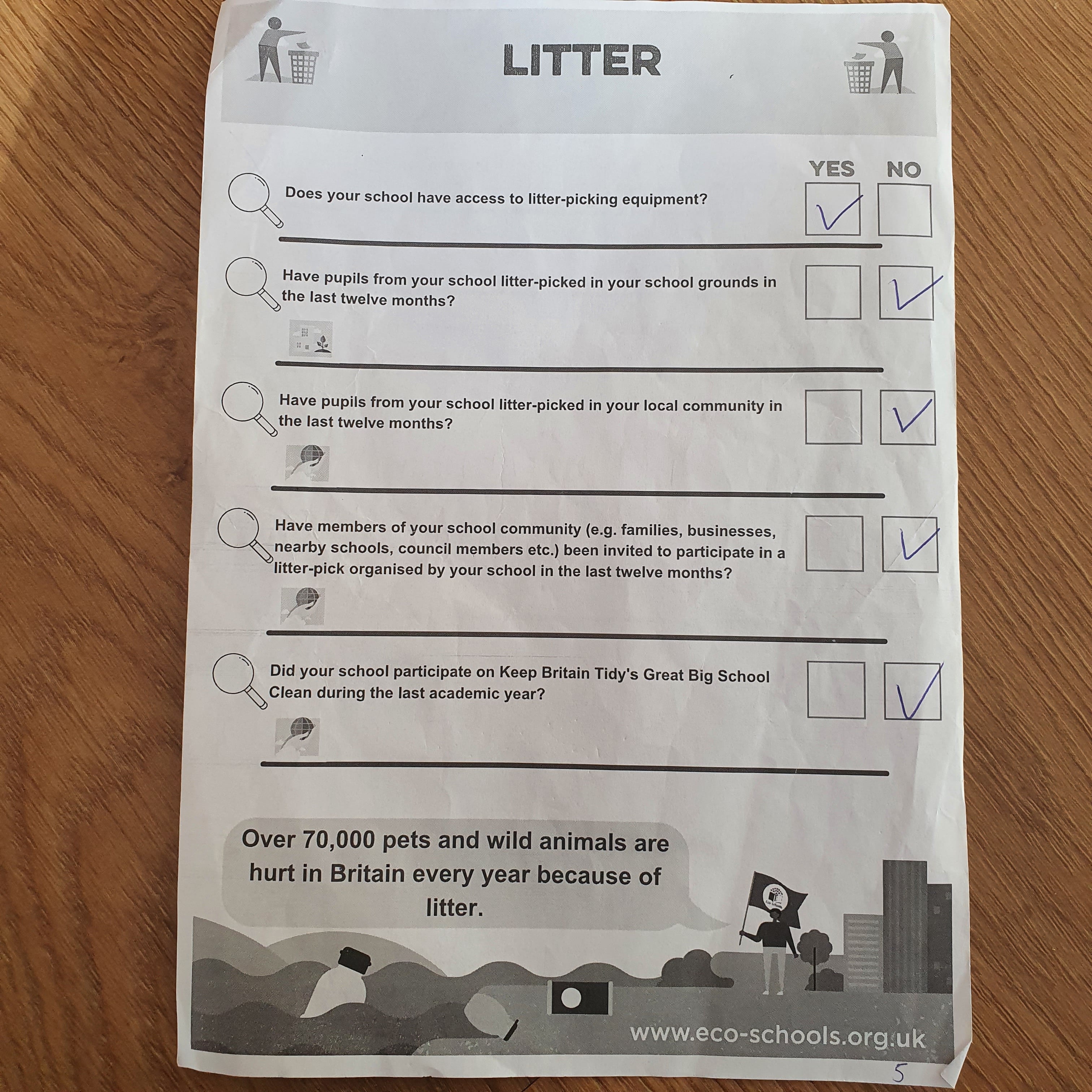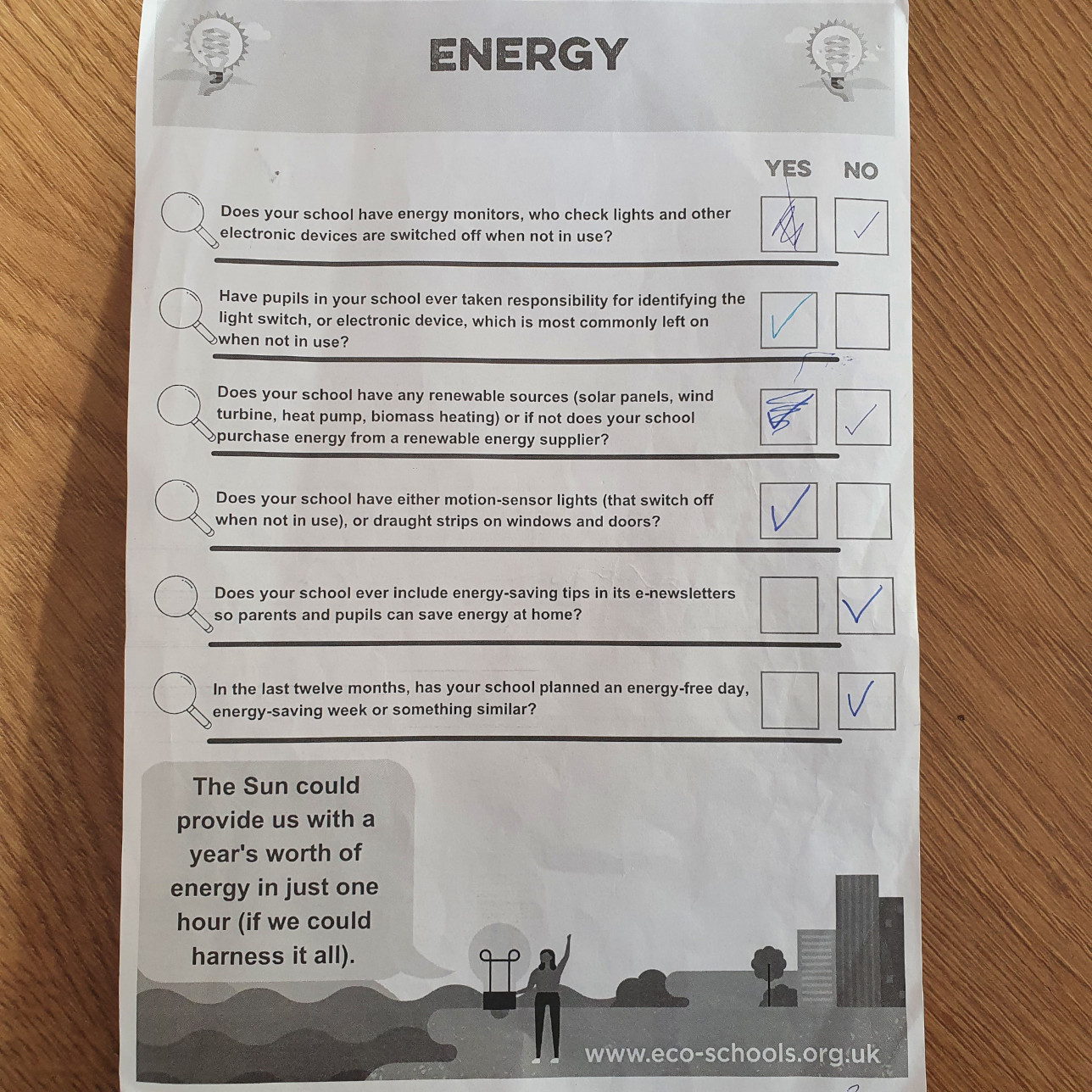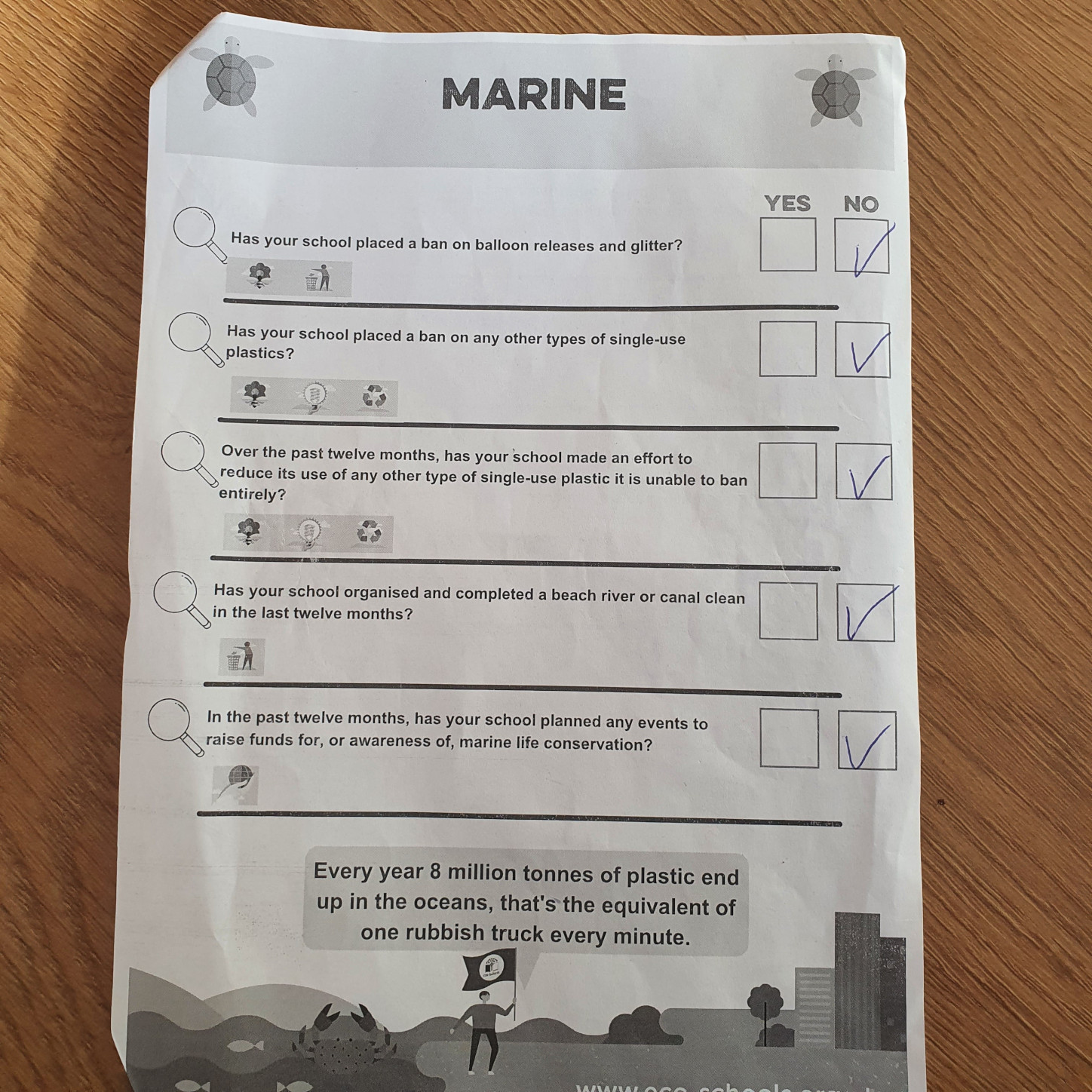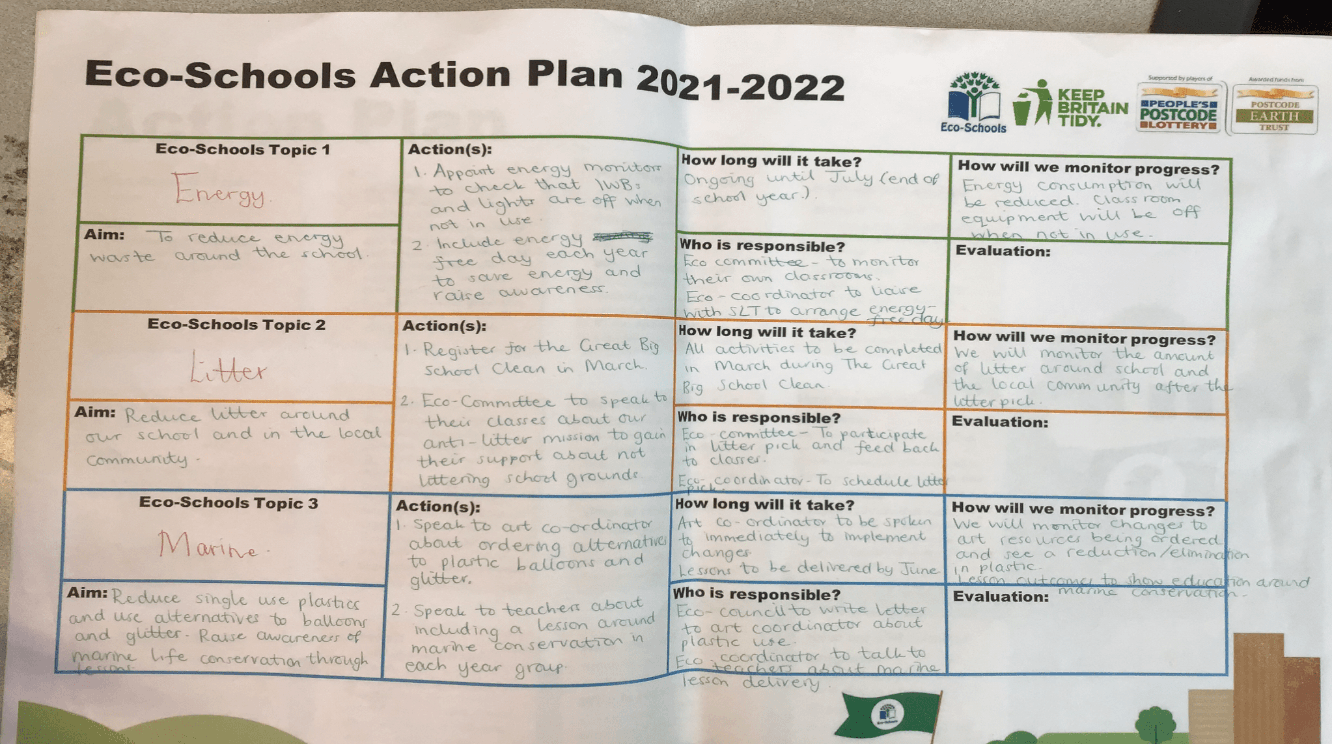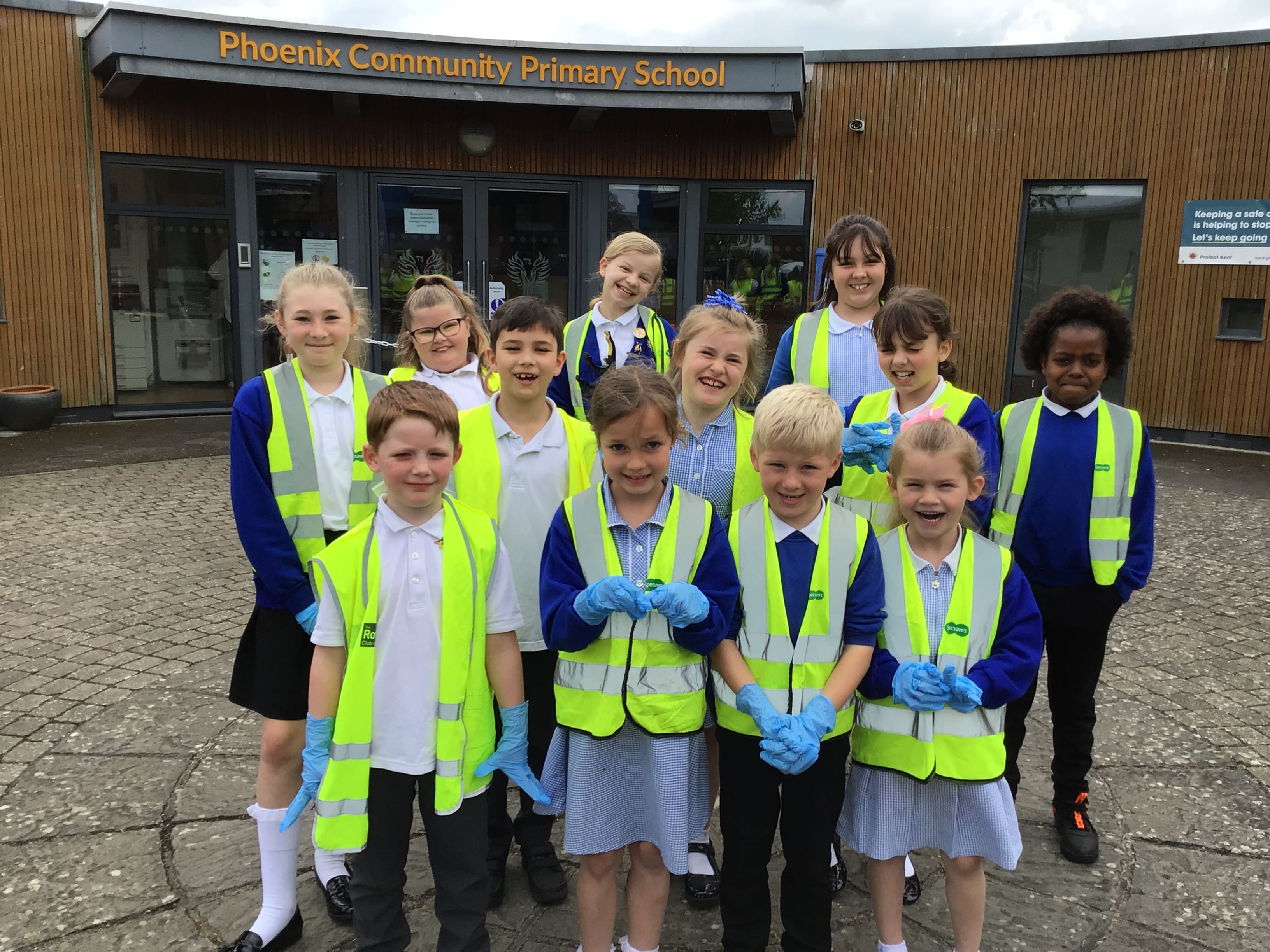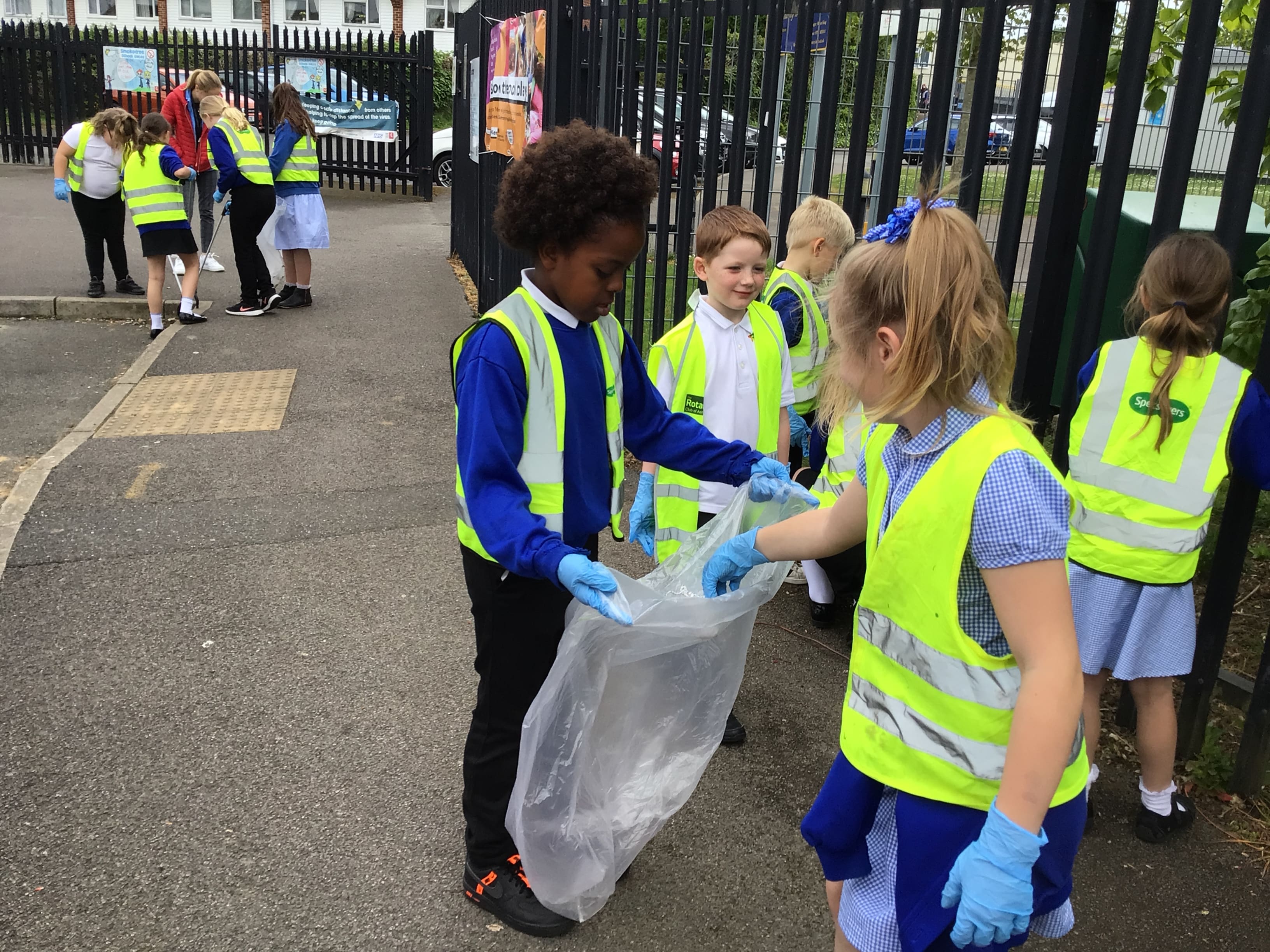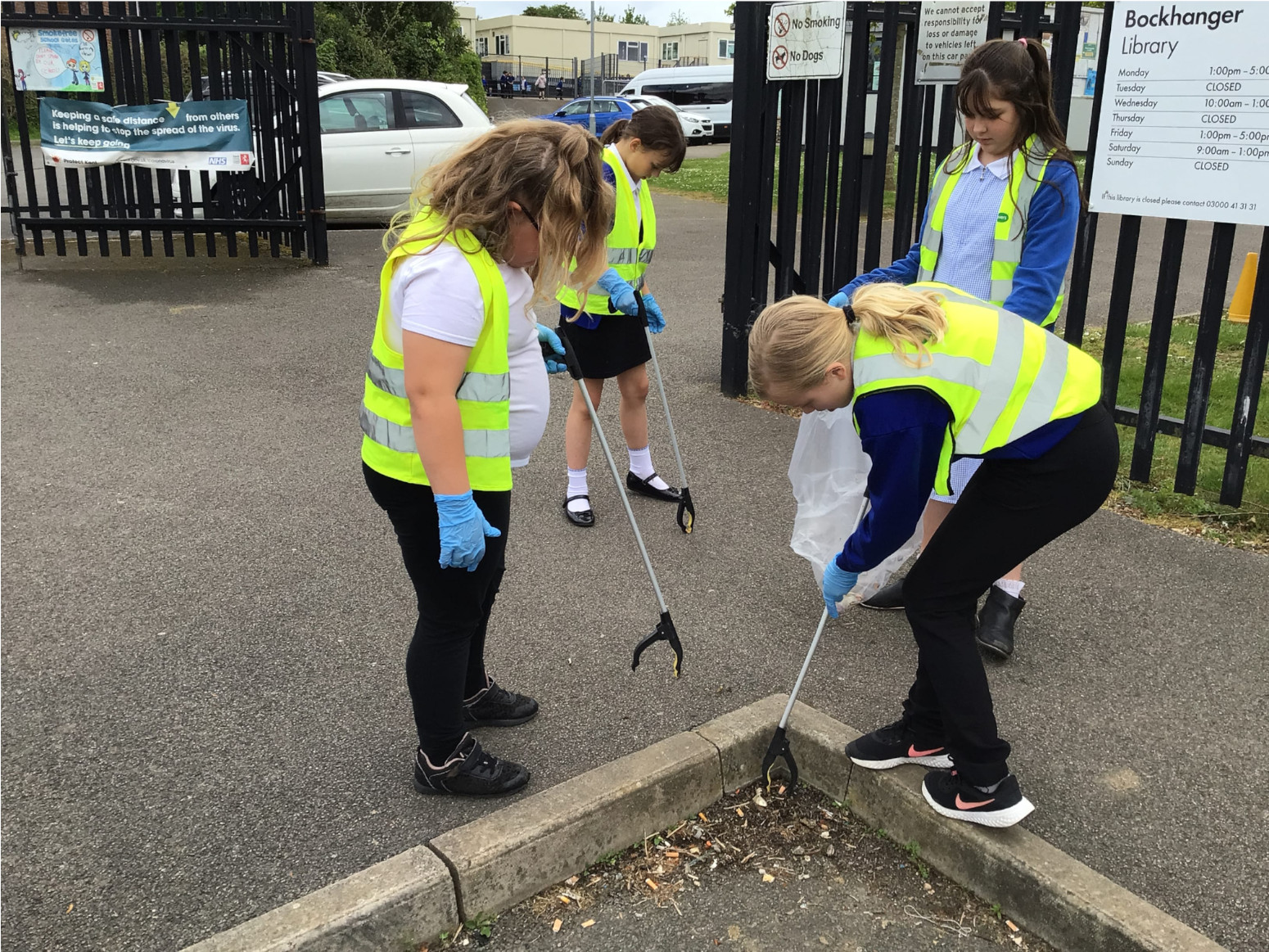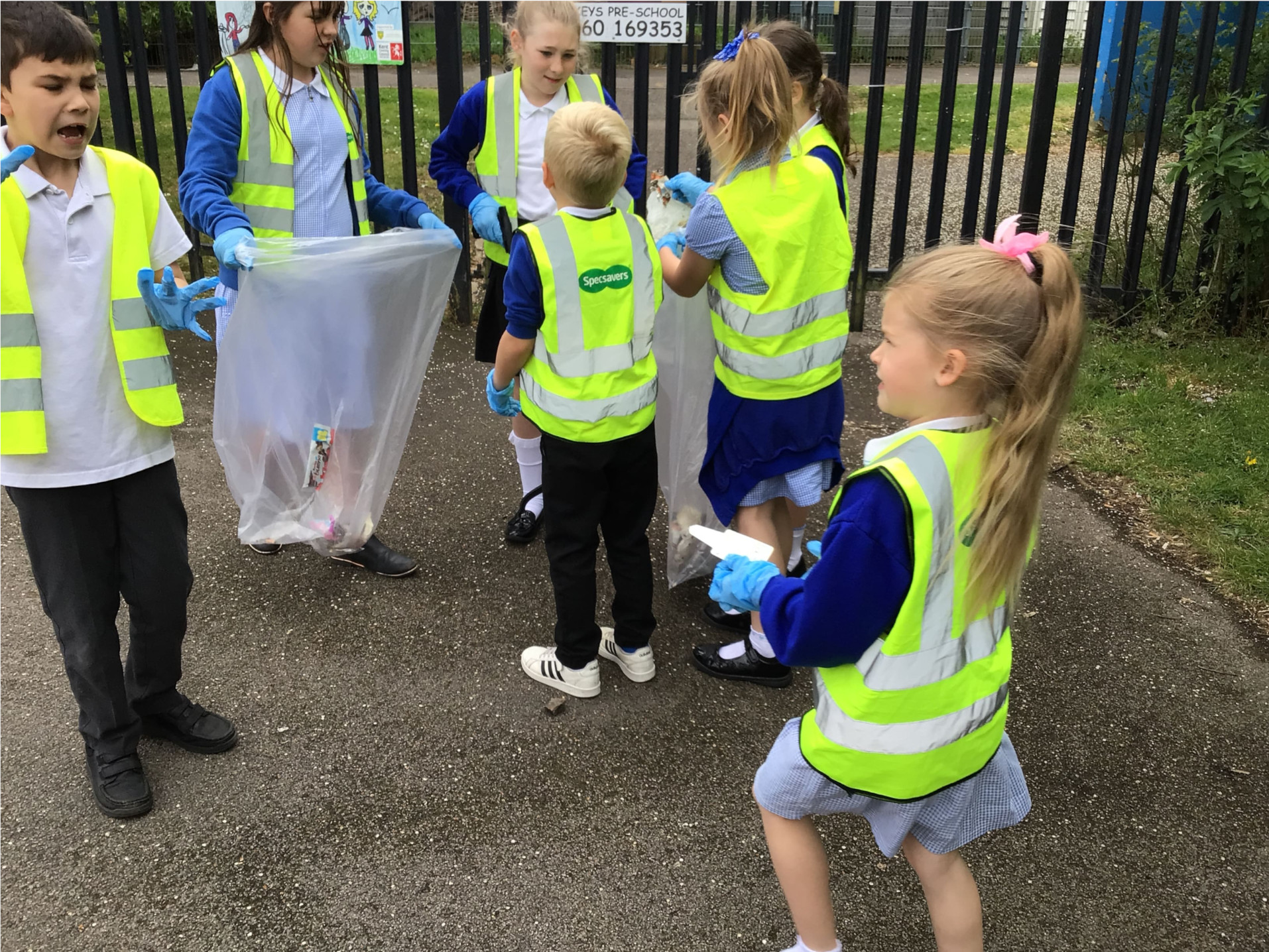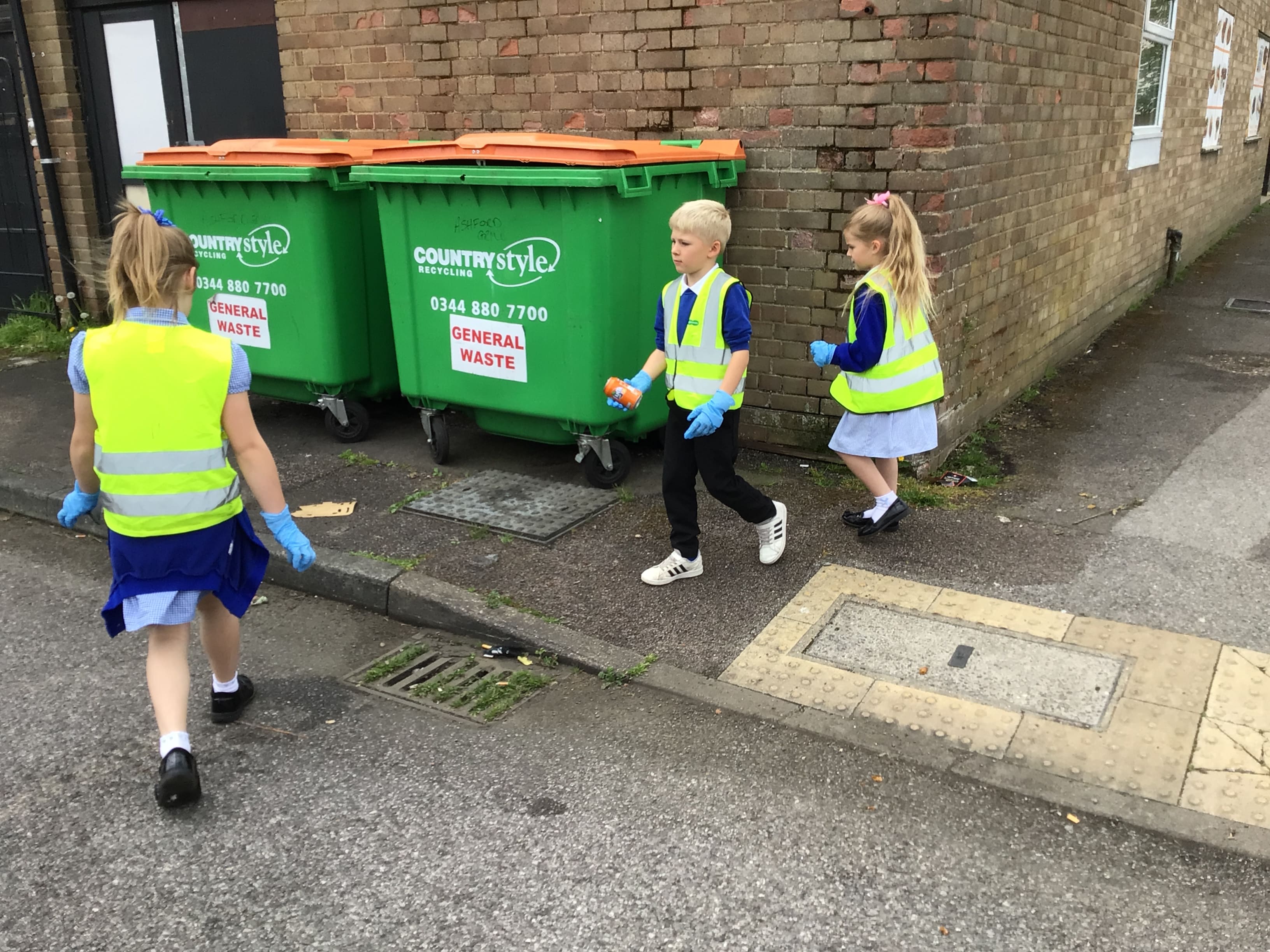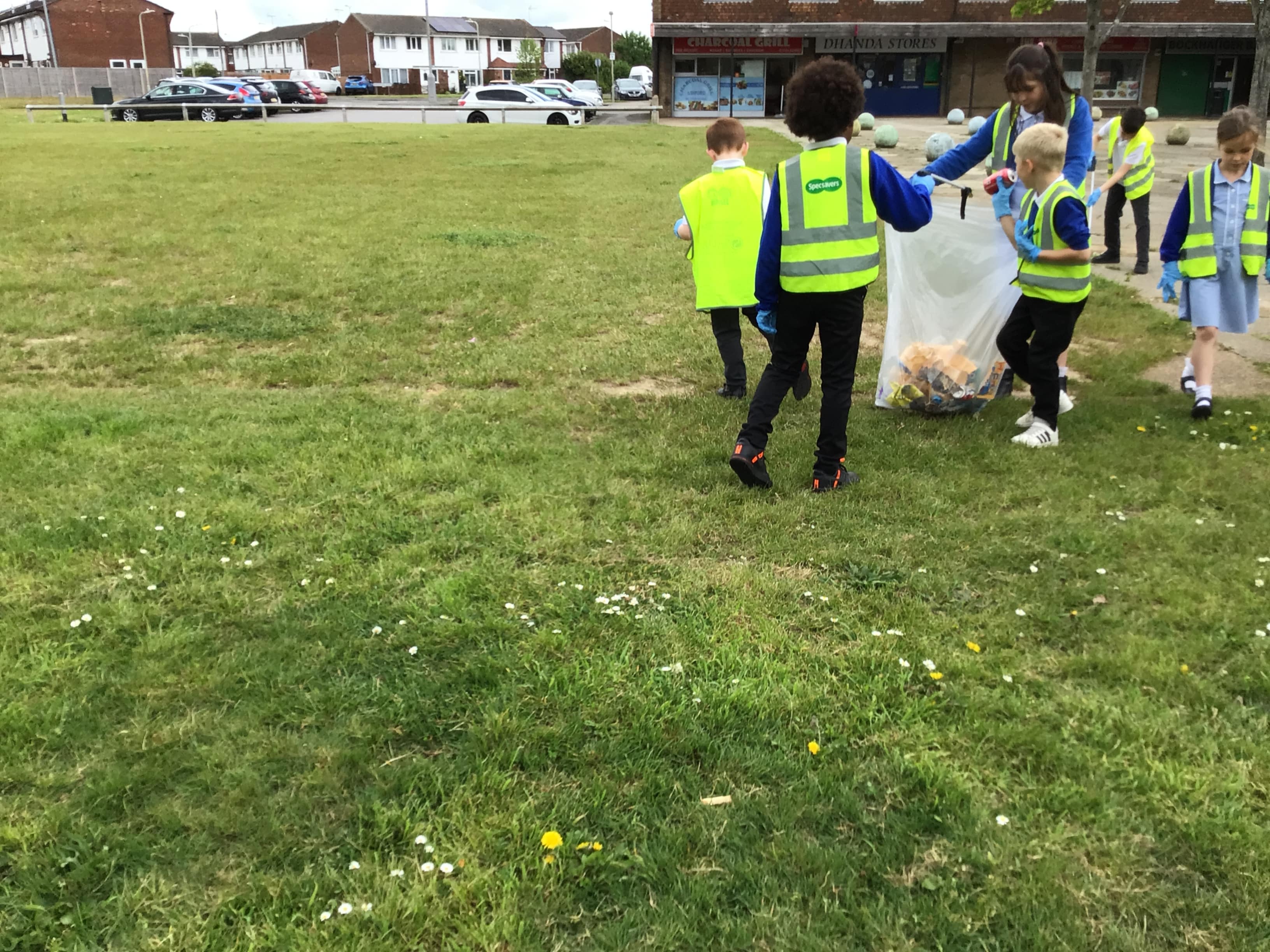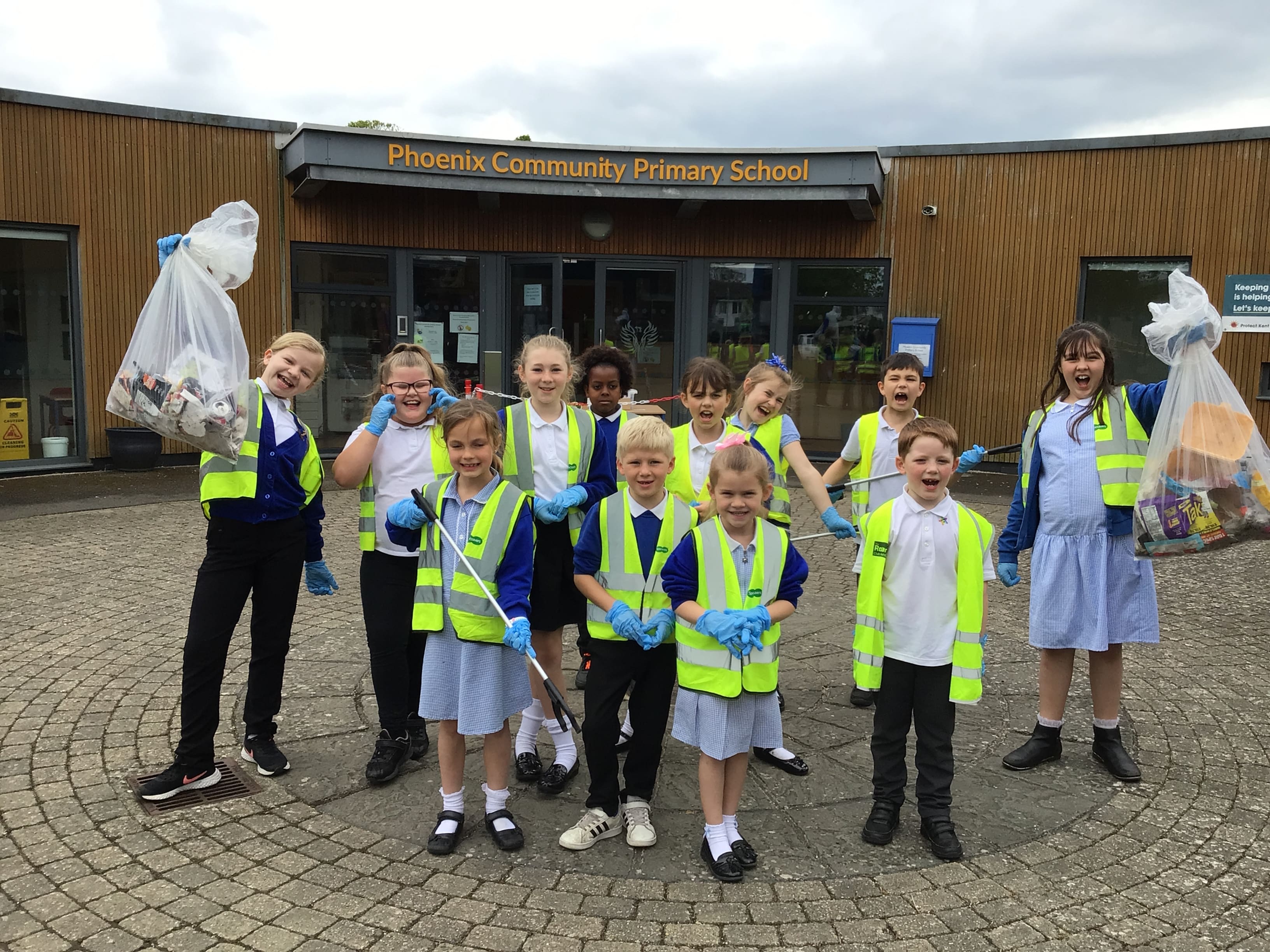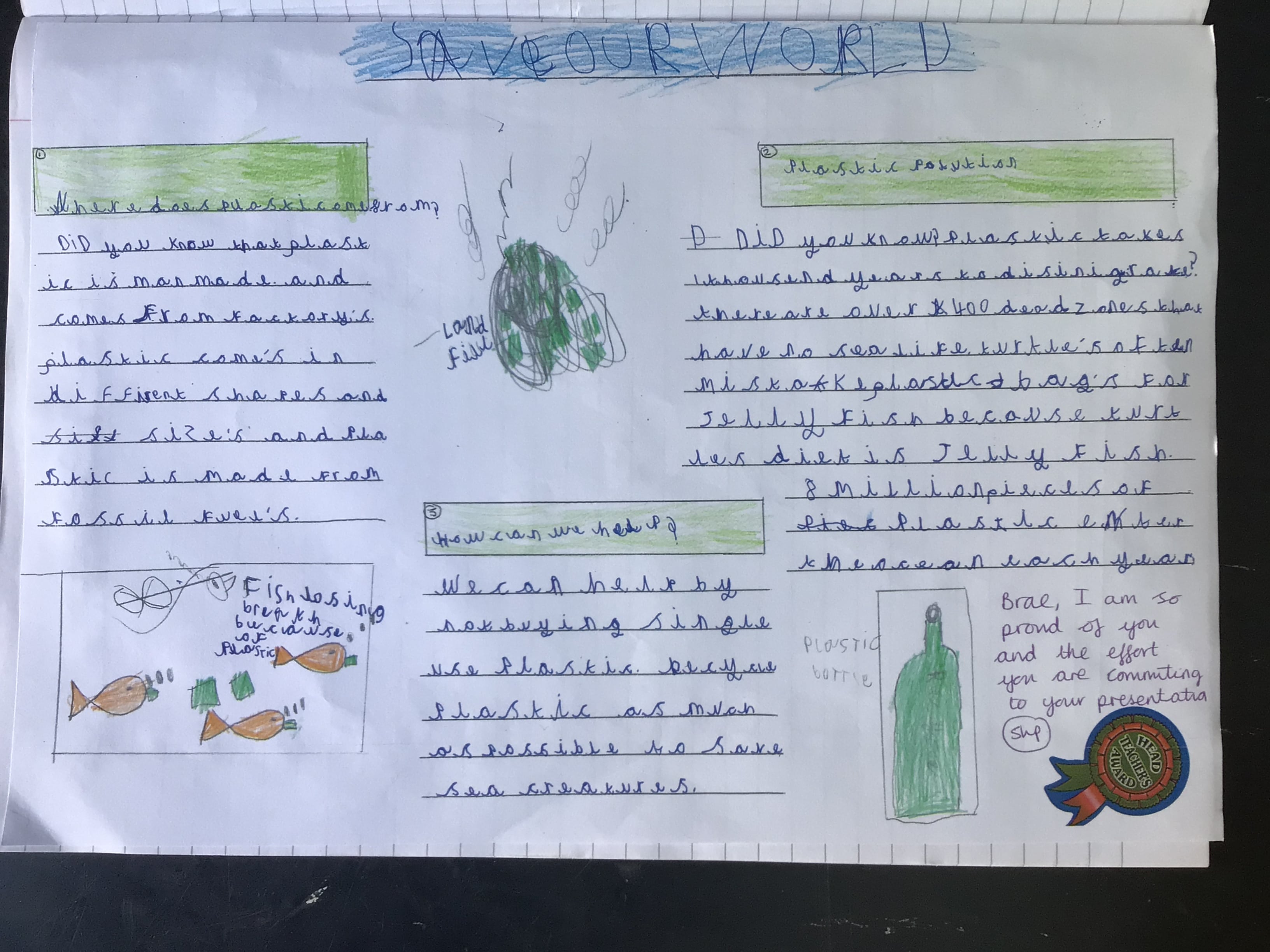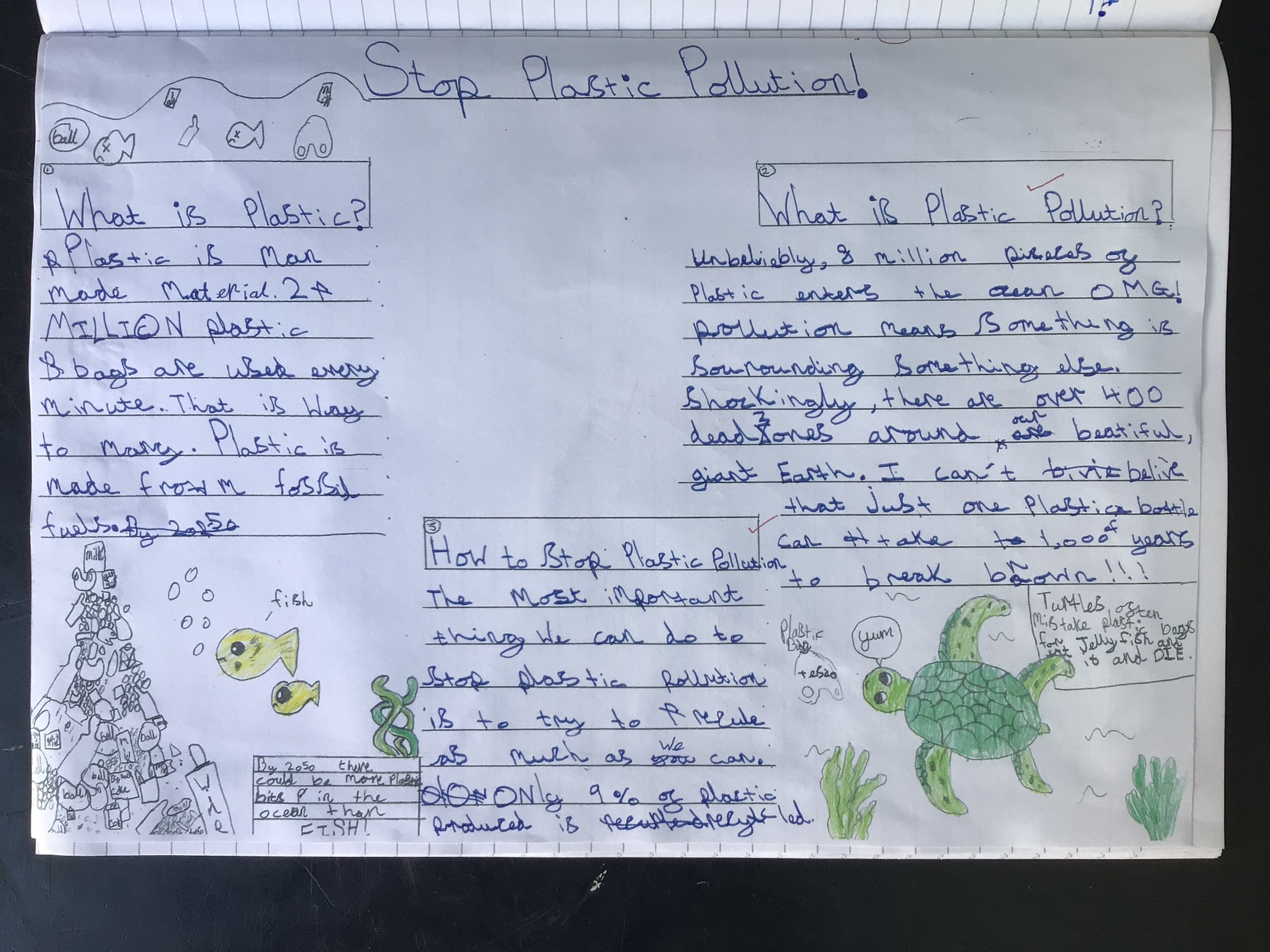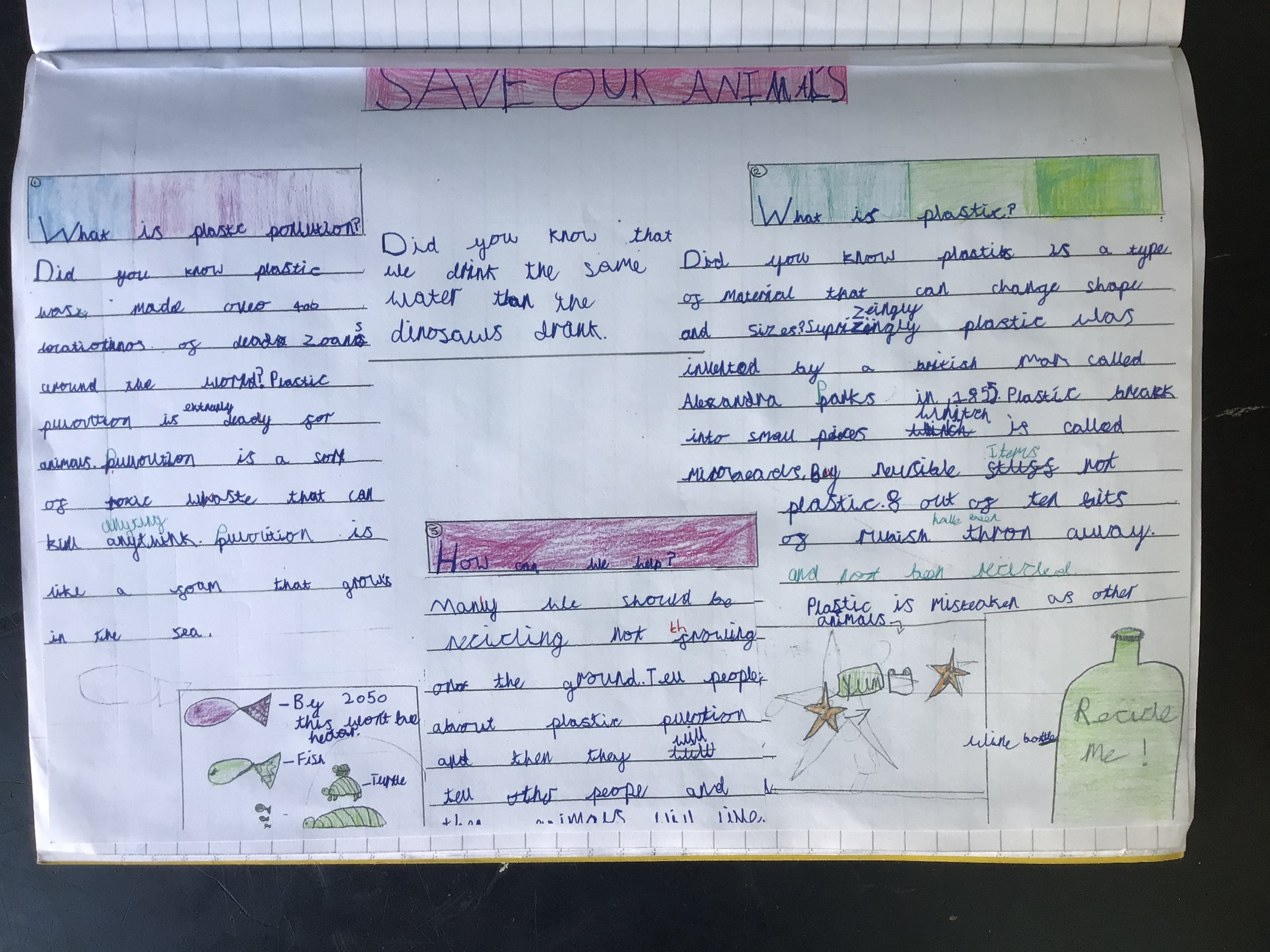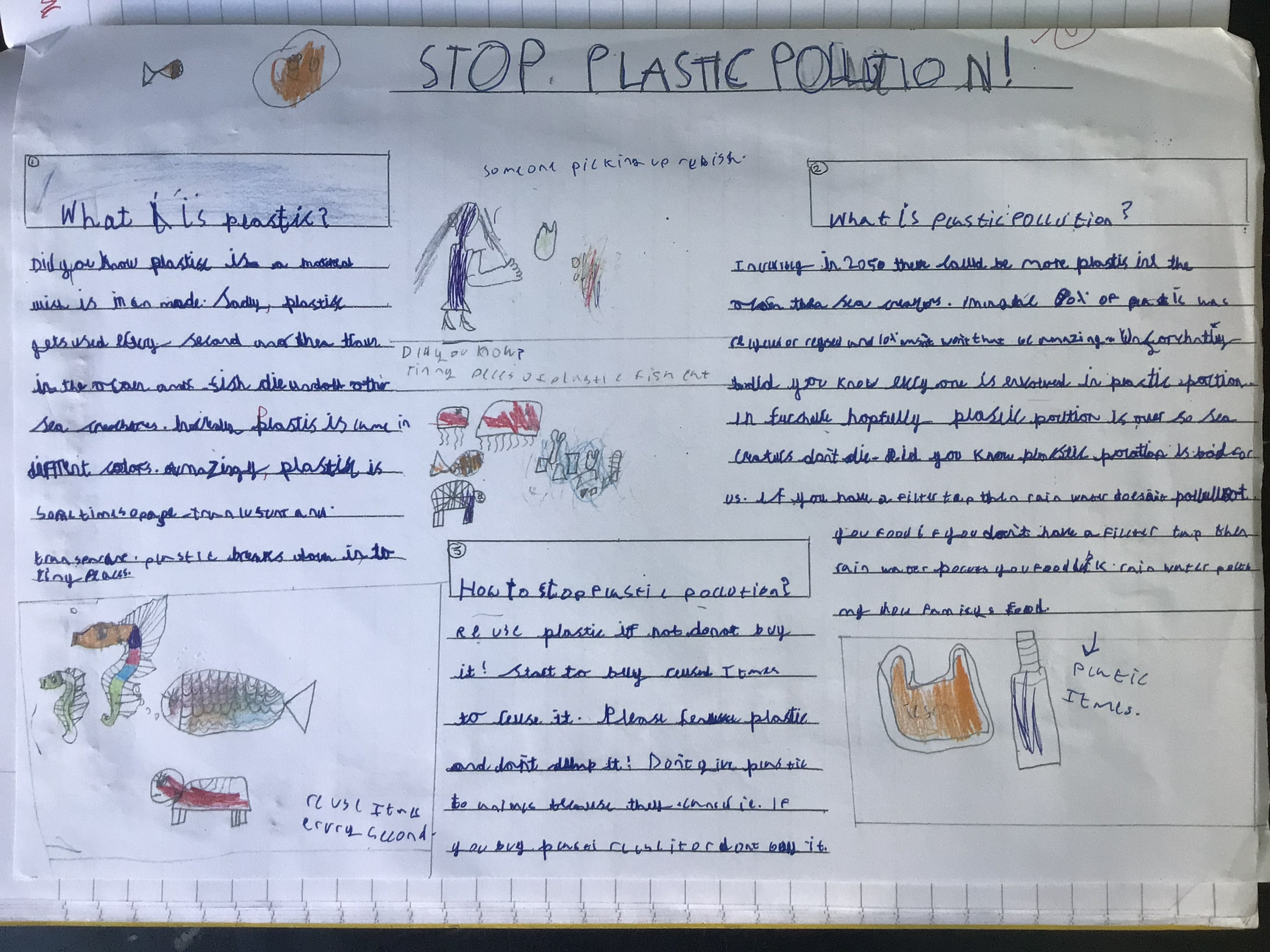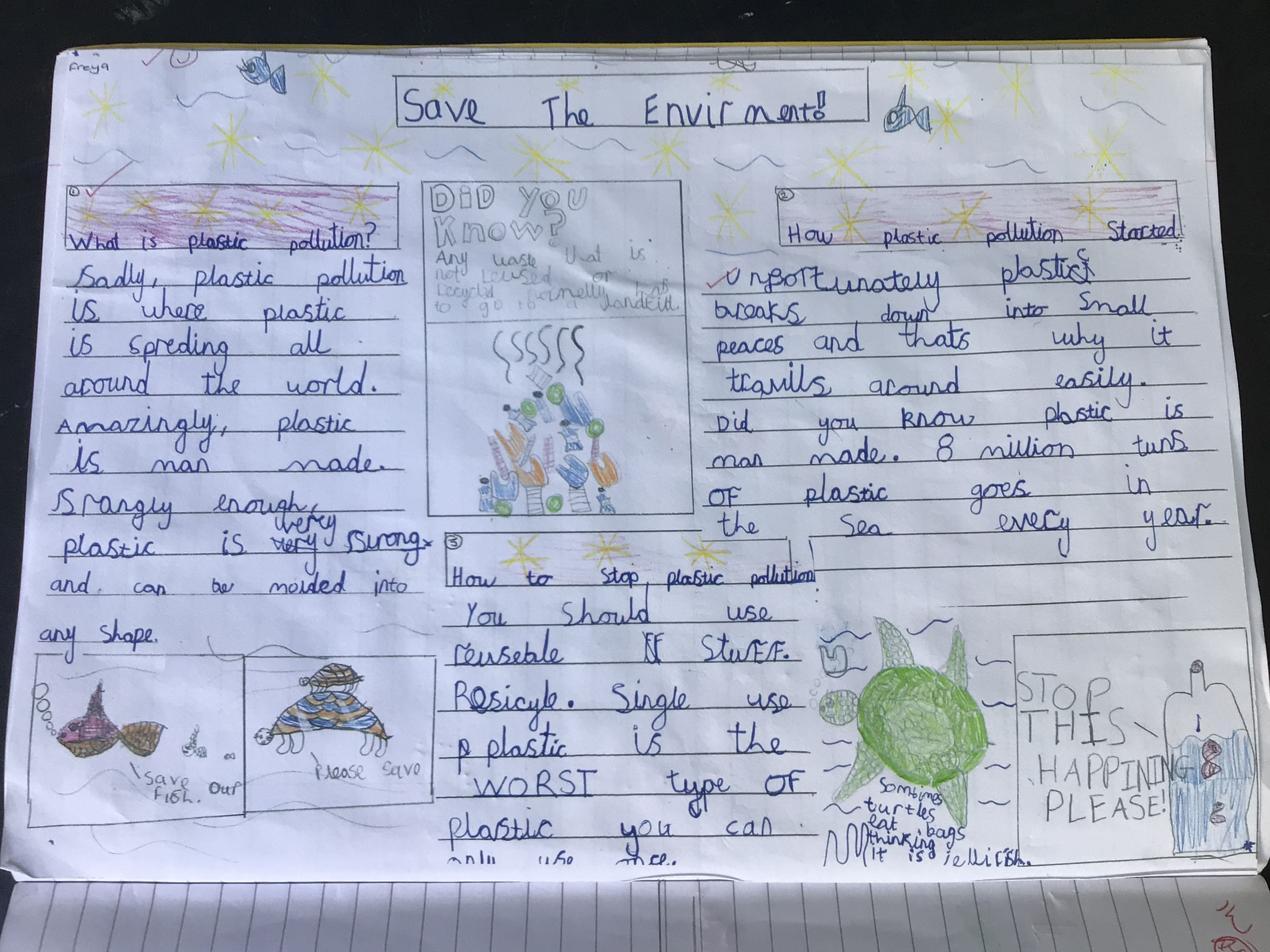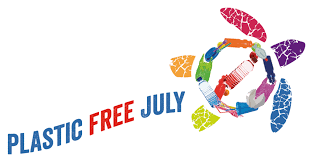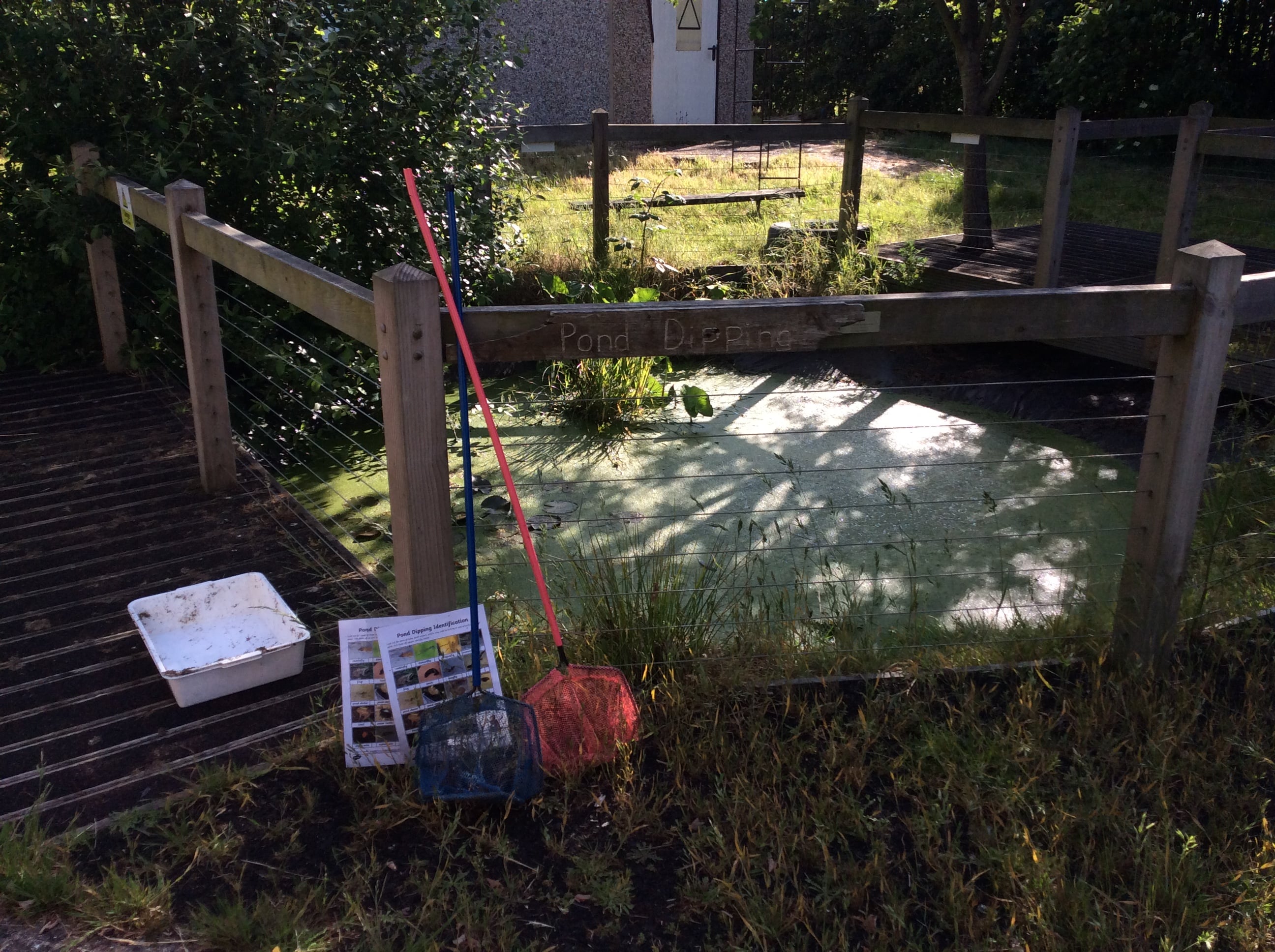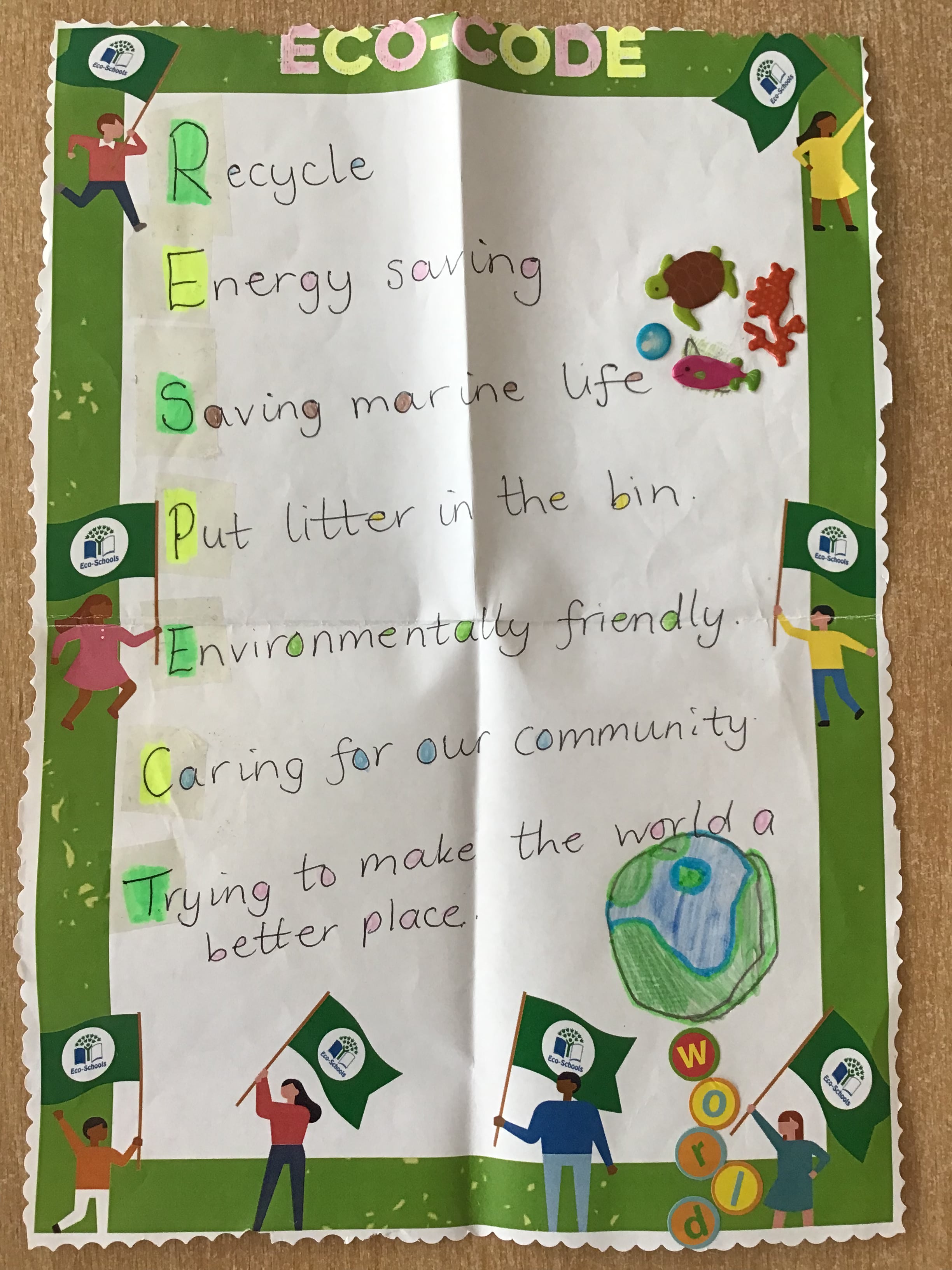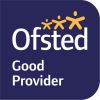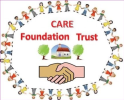Intent
At Phoenix Community Primary School, we follow the New National Curriculum Guidance using a quality literature-based approach to learning which helps to immerse our children in relevant, exciting books that will stimulate their imagination. Each term, the learning in the classrooms is underpinned by either a high-quality fiction or non-fiction text selected by
our staff from the Power of Reading scheme to allow our children to become absorbed by the written-word and generate their own passionate, thoughtful and well-structured writing across a range of different genres. As mirrored in the other subjects across our curriculum, lessons at Phoenix have a heavy basis in oracy (talk), as we believe communication and language proficiency underpins all other areas of learning and that good literacy is dependent on a securely developed understanding of spoken language, vocabulary and listening comprehension skills. At all stages, reading and phonics are prioritised to ensure our children are able to access information, education and life beyond their primary schooling because this is what they need to be successful and happy.
Our English curriculum heavily prioritises:
- Early and secure literacy skills centred around rich language development and oracy (expression through speech)
- Reading and phonics, because this is what our pupils need
- Creativity at both a content and grammatical/structural level
- The use of subject specific vocabulary to embed understanding and knowledge
NEW STAFF HANDBOOK CONTENT:
Implementation
At Phoenix, we believe that great writing comes from teachers who champion oracy as a process, whereby students learn to write through talk, deepening their vocabulary and understanding of that term’s high-quality text through a constant and rich dialogue with their teachers and peers. Oracy involves our teachers and students thinking carefully and deliberately about the spoken language they are using, whilst responding to structured questions in discussion with others, helping our students to deepen their understanding of key knowledge points, principles and processes. Talk happens at the beginning of and throughout our learning sequence, not just at the end. In our classrooms, talk is exploratory, critical and impactful, rather than presentational. To help our students achieve this, we explicitly teach the four distinct – but interlinked – strands recommended to teach good communication skills outlined by academics at Cambridge University, which are the: physical, linguistic, cognitive and social/emotional elements of talk.
Our children are encouraged and expected to use this ‘sea of talk’ as a foundation on which to ‘float’ their own ideas, by planning, writing, editing and improving an extended piece of writing linked to their topic every 2-3 weeks. This extended writing task provides an opportunity for children to independently apply a wide range of learned skills.
“Good literacy floats on a sea of talk” James Britton (1970)
Writing not only begins at Phoenix with talk and immersion around a topic introduced through a carefully selected high-quality text, but also with supplementary model texts provided by the class teacher or lifted from the literature itself. These texts provide our children with a piece of writing to aspire to and a visible, dissectible and relevant example of what their own end goal is. Teachers ensure that when planning a writing unit, all of the grammatical, structural and contextual features of the text type are included in the model piece and you will find if you visit our classrooms that the children can talk confidently about why a text/an element of an extract of writing is successful and how they hope to emulate that same effect in their own work. This is based on the theory taught by education consultant Jane Considine for ‘The Write Stuff’ and ‘The Training Space’. Using this technique and training our children are able to achieve high-quality independent writing of their own across a wide range of genres that they and our staff are extremely proud of.
Planning
Staff are making a move away from traditional planning towards a more fluid ‘S plan’ model; this approach is also recommended by our Maths lead for her subject so means staff are planning in a consistent way. S planning allows us to move away from rigid lessons or set time to be spent on individual activities and gives teachers and students more autonomy to decide how long needs to be spent at each stage of the ‘S’.
When S planning, always begin at the outcome; what is it you want your pupils to achieve at the end of the unit? Once this is in place, go back to the start of the ‘S’ and begin mapping out the steps it will take to allow the children to achieve this end. Every outcome should be underpinned by 2 or 3 grammar/punctuation teaching points which match the outcome/text type. This may be for example one new concept and the recap of a prior teaching point.
These are to be taught in a ‘mastery’ style. Somewhere on your ‘S’ plan there should always be an opportunity for the children to participate in one or two oracy activities to stimulate their creativity once they have been given their writing brief/outcome. The final points on your ‘S’ plan should be the writing stage of the unit, followed by an opportunity to edit and improve through an evaluation of their writing. Following this, the children stamp their work to show they have achieved/reached the end point.
 |
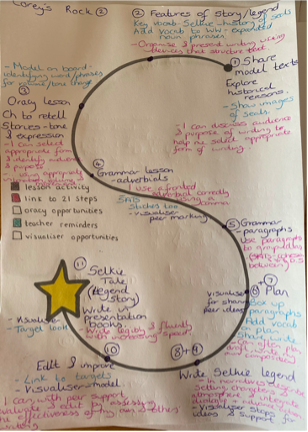 |
| Year 2 Example |
Year 6 Example |
As you can see the ‘S’ plan itself should not be onerous on members of staff; we place more importance on the quality of the creation of the lessons themselves and content of the grammar sessions/model text written by the teacher.
Grammar Mastery Approach
At Phoenix we pride ourselves on our SPAG results at KS2. Much of this success has come down to our mastery approach to punctuation and grammar teaching. Much like in Maths Mastery sessions, grammar and punctuation points are broken down into discrete SPAG sessions, in which we use stickers to guide children through their learning in small and manageable chunks.
Again, like Maths Mastery, we like to include a variety of question types into these sessions to ensure all children can access the content. These questions should build in difficulty/complexity, however we do not have reasoning questions exclusively at the end of the sticker sheet; all children should have access to these question types.
 |
 |
| YEAR 4 – Grammar lesson example – Punctuating items in a list |
The grammar and punctuation points you are teaching or recapping should DIRECTLY impact upon your ‘S’ plan outcome, for example teaching direct speech if your outcome is a short story, modal verbs if writing a persuasive advert or question marks if writing a letter of complaint in which you wish to see rhetorical questions.
Again, there is no set time for the grammar session, it does not have to take up a whole lesson in the sequence (although of course it could if you wanted/it was necessary).
Oracy
In all of our writing units, there MUST be an opportunity for oracy. Oracy/talk sessions are of vital
importance at Phoenix as our children have poor language acquisition and find it difficult communicating with each other. Therefore, we must teach them HOW to talk. We believe a good talker needs:
- Somewhere to talk
- Something exciting to talk about
- Someone to talk to who is interested
- Some words to use
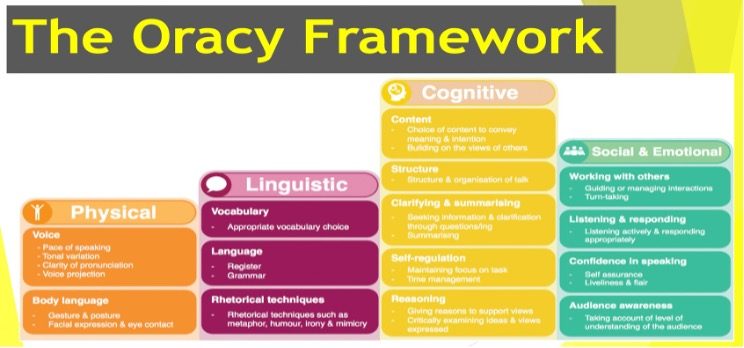
Each class should have a ‘talk’ display which shows our rules for talk. These can be developed and added to over the course of the year. These rules should look to encompass the elements shown above and others that as a class you value, e.g. be prepared to change your mind, it’s okay not to agree with your friend, invite someone to contribute if they aren’t joining in, etc.
Not only is it important to teach our children HOW to talk, but the content of their talk is also invaluable. What message do we send to our pupils that we as the teacher are always the ones imparting knowledge from the front of the classroom? Our children have a HUGE amount of prior knowledge, and if they are able to share this with their peers, the impact will be far greater.
Oracy activities are a fantastic way of drawing out these ‘experts’ in the room. Activities which allow for repetition of an answer to different children with the aid of STEM sentences means children have a chance to rehearse, change, add to, embellish their answers as they listen to their peers. We also see far higher engagement when children are then asked if they want to share their ideas with the whole room; this is as a direct result of them being able to rehearse their answer aloud. The idea that verbalising thinking reinforces vocabulary, build confidence and rehearsal which allows for answers to improve is called: spaced inter-leaving.
On the next page are some examples of oracy talk strategies we love to see being used in the classroom. Don’t be afraid to use these in writing lessons. Don’t feel pressured to have children writing in a writing session if someone from SLT walks in! We champion talk and value the process.
The Onion – oracy activity
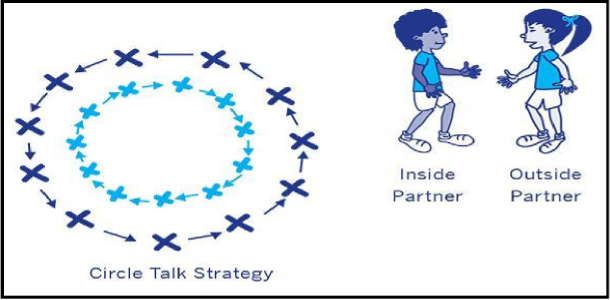
Other talk strategies
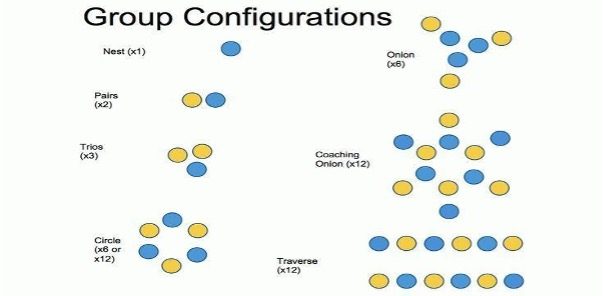
The 3 W’s task
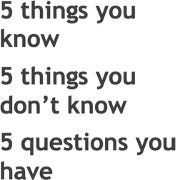
Language Through Colour
Language through colour (LTC) is a colour coded approach to support language acquisition and development. Colour coding language helps children with specific communication and language needs, as well as visual learners, and has been shown to have a positive impact on the outcome of all pupils. Specifically, it helps the development of vocabulary, grammar and sentence structure when writing. There are 12 colours in our LTC program and these are broken down so that there is clear progression through the year groups. Year R for example study 3 of the colours (yellow, pink and orange), whereas Year 6 study all 12 colours. We promote the use of LTC in all of all classrooms and the colours to be studied in that year group are visible on display for the benefit of the pupils and staff. Any topic specific vocabulary you share with the class should correspond with these colours, as should any scaffolded or closed task.
Below is the LTC chart we use, and the right are some examples of how you could incorporate LTC into your writing and history lessons as an example:
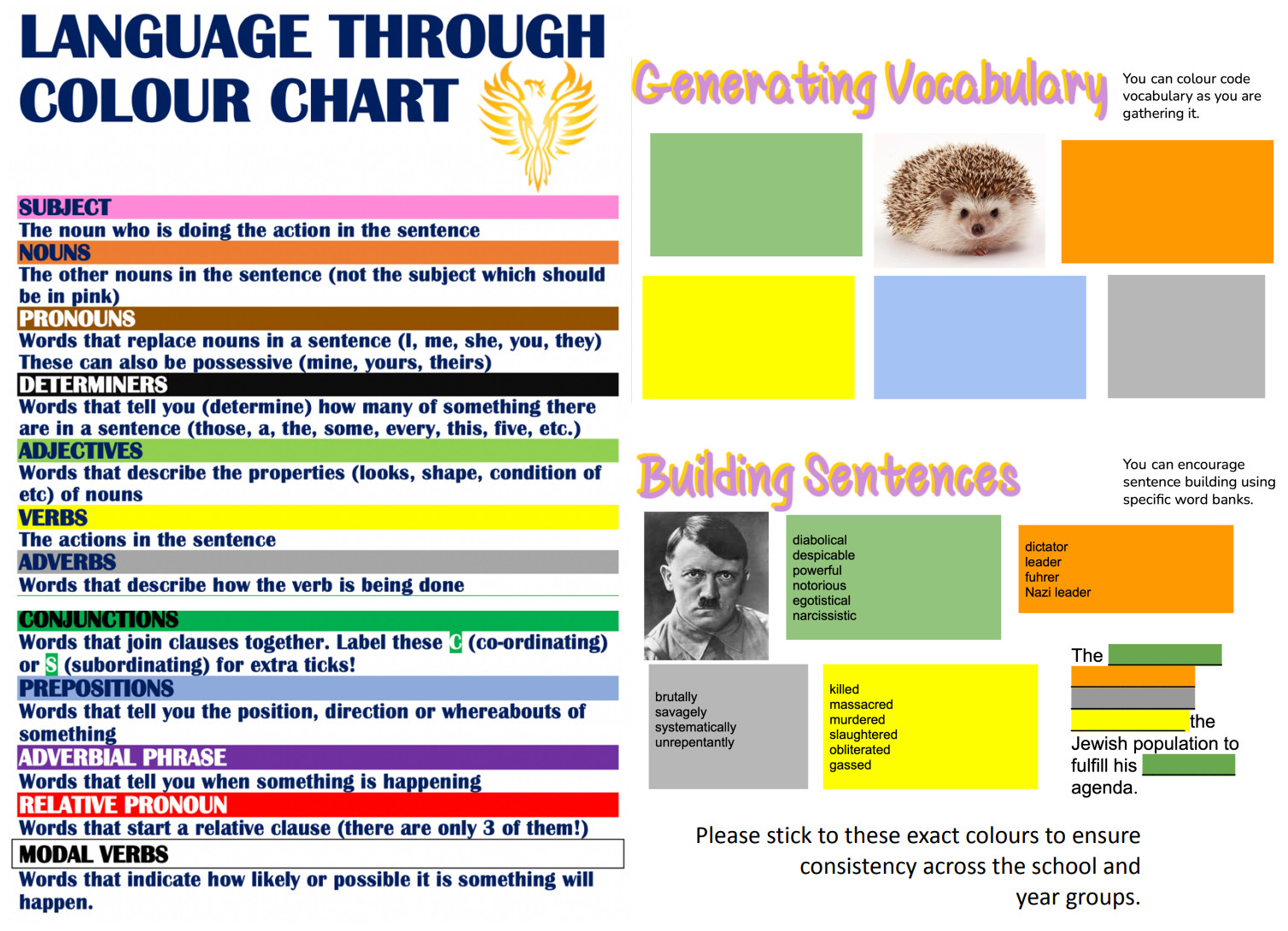
Our Language Through Colour categories have also been put into Widgit form to further support the understanding of our children with communication and language needs, and these are displayed in all classrooms, as well as worn on lanyards by the staff who are teaching and supporting the learning in our classrooms.
Feedback
Feedback in writing sessions should be timely and in the lessons as opposed to retrospectively. The best way to achieve this is by following our feedback policy.
Green highlighters – capture positive work which meet the lesson intent/focus
Yellow highlighters – capture areas for improvement
Both teachers and TAs at Phoenix are encouraged to have these highlighters with them in lessons and to highlight the children’s work in writing lessons as the lesson is in progress, not afterwards when the feedback has less meaning and cannot be acted upon immediately.
In UKS2, children have a grammar book and a presentation book so that their final drafts can be displayed in a separate book, of which the children are always very proud. These books should also be marked with yellow and green highlighter with ticks and wishes displayed at the end of the piece to show successes and next step
Assessment
Writing is assessed at moderation meetings with our HUB, in dedicated whole staff meetings at Phoenix, by our SLT as well as at class/teacher level. This ensures that our assessment is correct and has been validated by other trusted members of staff.
At Phoenix we have been trained to moderate writing using Comparative Judgement and this has been highly successful. This is the process of essentially ranking a piece of similar writing from best to worst against the assessment criteria and using this to decide where the cut-offs are for Emerging, Greater Depth etc.
On-going writing assessment is beginning to be tracked on SeeSaw, although this is in the very early stages. Teachers can set grammar/punctuation work or a writing activity attached to a learning skill. Progress and assessment can then be tracked on SeeSaw.
We are also in the process of collecting writing from Phoenix that has been externally moderated and creating a bank for teachers who are new to a particular year group to aid in their assessment process.
Assessment of oracy is conducted through case-studies. Each class identifies 3 students and these students can be recorded before a unit to elicit what a child knows, and then again after the oracy session to record how their answers and knowledge have improved. This is recorded and evidenced on SeeSaw.

